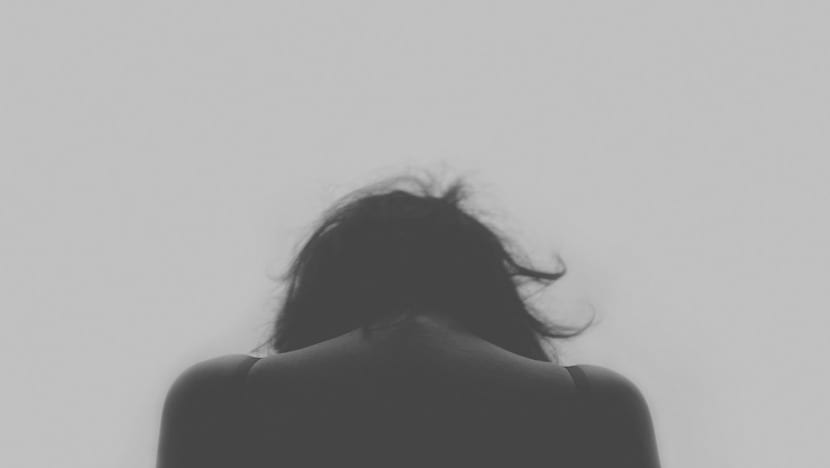
It is estimated at 23/25 percent of girls, and 10 to 15% percent of boys, the percentage of minors who before the age of 17 suffer sexual abuse (ASI); it is also a figure that tends to be maintained over time. And this is not only said by me, but also by various studies carried out in Spain and other countries of the European Union; also in the United States and Canada. One of the reasons for the occurrence of ASIs is their lack of visibility, which results in a very poor social conscience.
And if the data you have just read concerns you, I will contribute to doing it a little more, because 60 percent of the victims do not receive any kind of helpEither because they don't tell it, or because their parents hide it,… Child sexual abuse causes serious psychological and emotional damage in a lasting way. It is a complex problem whose approach is also complex. One of the things that is most striking is that we continue to cling to the misconception that ASIs happen in families with a lower socioeconomic level; when in reality there is no clear profile of abusers based on their social, economic, or profession.
En the Argentine Archives of Pediatrics, we find reference to the call accommodation syndrome, described by Roland Summit in 1983, which clearly indicates a set of behaviors that the child adopts in the situation:
- Feeling of helplessness that paralyzes him and makes it difficult to 'resist' (even though the parents may be in the next room). No child can defend himself in the way that an adult would, and ends up being trapped by hopelessness; finally, you can feel guilty or responsible for the events.
- Maintaining secrecy out of shame, guilt, and fear of being punished or that your aggressor will stop loving you. Direct threats from aggressors reinforce fears.
- Attitude of Accommodation: of the two contradictory realities that are 1) The adult responsible for caring for him is bad, he is not capable of loving him; or 2) The victim feels dirty and deserving; the second option is usually chosen, in an attempt to survive emotionally.
- Late and conflictive complaint: the little ones who are not able to tell it when it happens (which are the majority); they can report ASI in adolescence (they already have more freedom). Although on many occasions the events are not remembered until several years have passed, that is, in adulthood. In both cases there is a risk that they will not be taken seriously.
- They retract the complaint, for fear of its consequences; and another problem is added: revictimization, due to the fact that the case is poorly managed.
Child sexual abuse is, in more than 80 percent of the cases, perpetrated by people close to the family, or very close to the minor (monitors, neighbors, teachers)
Sometimes I have wondered what my reaction would be if one of my children told me that he had suffered some kind of abuse. I know that Raising the idea is not the same as being forced to have a specific reaction. It will seem strange to you that he writes this, although it is not according to the family structure from which the mother comes, or the relationship she has with the alleged abuser, or her ability to overcome and put the interests of the child before the social perception of the problem. You will tell me, I would protect my children, of course! I understand, I would too.
Not all mothers respond in the same way
So that you can understand why I have raised this question, well, it turns out that not all mothers respond in the same way, we find some profiles depending on the reaction after the attack (not from the illusion that we form):
- The mother who creates her children from the first moment and protects them.
- The one that begins to protect them long after they find out.
- The one who is suspicious but also very afraid to admit it.
- The one who knows, but acts like she doesn't know.
- The one who believes, and wishes to protect, but remains emotionally attached to the aggressor.
- The one who assumes the price of appearing normal, assumes at the cost of harming the children, it is understood.
- The one who participates in the abuse.
- The one who lies about what has happened.
After developing the possible reactions of the mothers, it remains for me to remember that this is on the assumption that the child dares to tell it, and if not? How difficult! Here we talked about some of the indicators, which should always be placed in context. And finally I insist: one of the pillars of change would in any case be contribute to the visibility of this problem by creating awarenessBecause as long as there is someone who does not believe children, who hides, who does not know how to discover ... they will continue to occur ASI.
Adults who recognize the facts and support, start a difficult path, fortunately in Spain, there are institutions that know how to guide, that do a very good specialized job. Of course, let's start by believing, because a child does not have enough experience or maturity to invent. For this reason, and because they are very vulnerable and need (without conditions) that those who (are) most fond of them, be on their side.
Fountain - Argentine Archives of Pediatrics